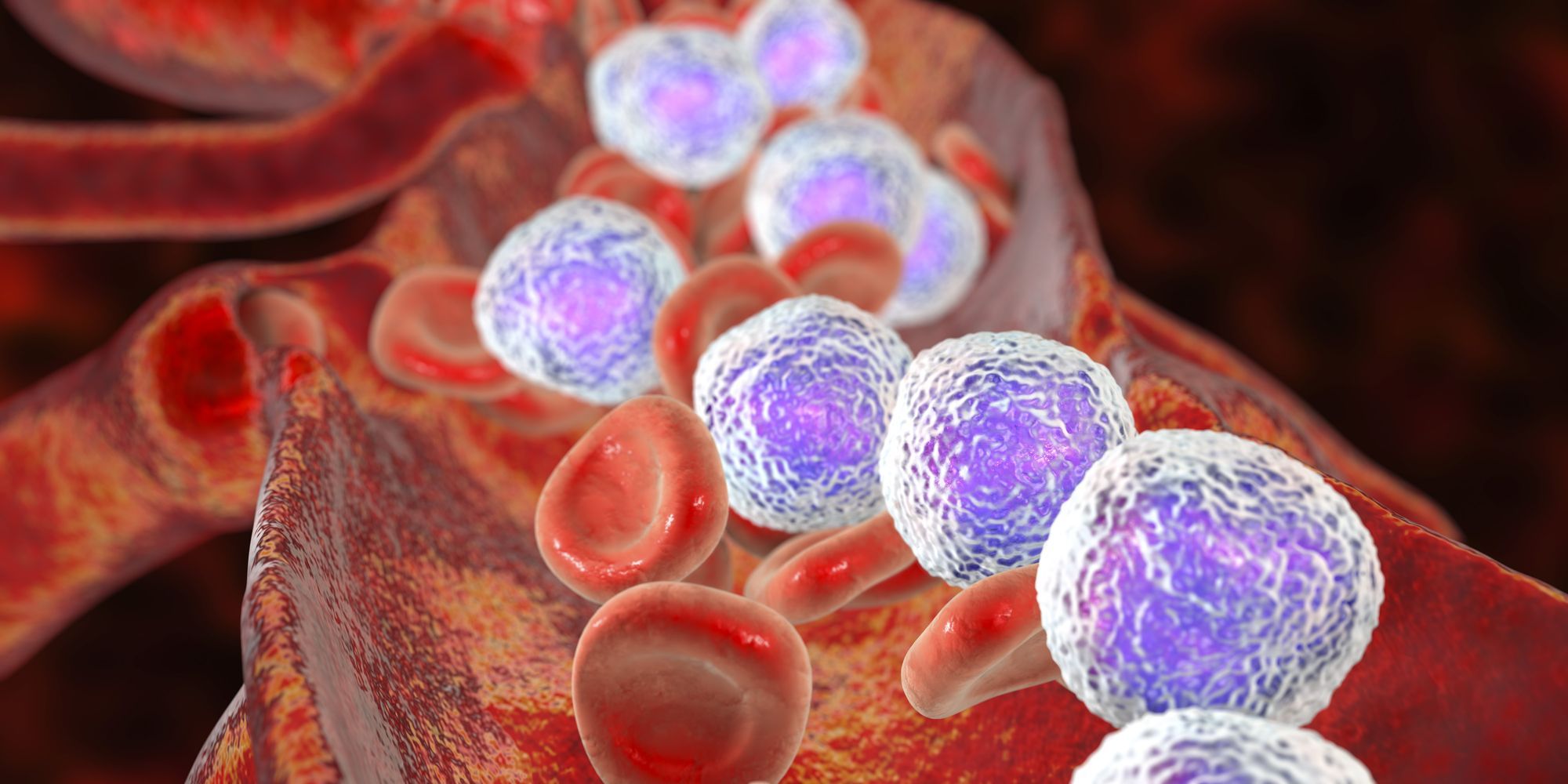FDA Gives Novel CAR T Therapy FTD in R/R Aggressive B-Cell Lymphoma
Investigators are expected to share initial safety and efficacy data from a phase 1/2 trial assessing IMPT-314 as a treatment for aggressive B-cell lymphoma in the second half of 2023.
The FDA has granted fast track designation to the CD19/CD20 CAR T-cell therapy IMPT-314 for patients with relapsed/refractory aggressive B-cell lymphoma, according to a press release from ImmPACT Bio USA, Inc.
In an investigator-led phase 1 study conducted at UCLA, IMPT-314 produced no instances of cytokine release syndrome greater than grade 1.

The full indication for IMPT-314 includes the management of relapsed or refractory aggressive B-cell lymphoma, diffuse large B-cell lymphoma (DLBCL) not otherwise specified, high-grade B-cell lymphoma, primary mediastinal B-cell lymphoma, and DLBCL that has arisen from follicular lymphoma following 2 or more lines of systemic therapy.
In an investigator-led phase 1 study (NCT04007029) conducted at the University of California Los Angeles (UCLA), IMPT-314 yielded an objective response rate (ORR) of 91% including durable complete responses in 73% in patients with relapsed/refractory non-Hodgkin lymphoma. The investigational CAR T-cell therapy also produced a median progression-free survival (PFS) of 18.2 months with a median follow-up of 20.5 months.
Moreover, investigators reported that there was no incidence of neurotoxicity or immune effector cell–associated neurotoxicity syndrome. Additionally, all observed instances of cytokine release syndrome (CRS) were grade 1.
Investigators will also assess IMPT-314 as part of a phase 1/2 trial in patients with aggressive B-cell lymphoma, including those with DLBCL. The first patient is expected to receive a dose of the study treatment in the second quarter of 2023, and investigators plan to detail initial efficacy and safety data in the second half of 2023.
“Fast track designation from the FDA underscores the serious unmet medical need in patients with aggressive B-cell lymphomas and reinforces the differentiated therapeutic promise of IMPT-314,” Sumant Ramachandra, MD, PhD, president and chief executive officer at ImmPACT Bio, said in the press release. “We believe IMPT-314 has potential to extend duration of response with a safe, well-tolerated profile that may enhance accessibility. We look forward to dosing the first patient with IMPT-314 in our phase 1/2 trial in aggressive B-cell malignancies in the second quarter of this year.”
The trial had an estimated enrollment of 24 patients. In the UCLA investigator-led phase 1 study, treatment began with fludarabine phosphate as an intravenous infusion over 30 minutes plus cyclophosphamide intravenously over 60 minutes at 5, 4, and 3 days before cell infusion. Patients then received IMPT-314 cells intravenously on day 0; those with CRS could also receive tocilizumab (Actemra) intravenously on day 2 based on the investigator’s discretion.
The primary end points of the trial were the incidence of adverse effects and dose-limiting toxicities. Secondary end points included ORR, PFS, overall survival, duration of remission, duration of B-cell aplasia following CAR T infusion, and frequency of T-cell phenotypic markers on CAR T cells using flow cytometry.
Patients 18 to 70 years old with DLBCL, primary mediastinal large B-cell lymphoma, mantle cell lymphoma, follicular lymphoma, chronic lymphocytic leukemia, or small lymphocytic lymphoma that is refractory to standard-of-care treatment were eligible for enrollment on the trial. Additional eligibility criteria included having an ECOG performance status of 0 or 1, adequate bone marrow and major organ function, and more than 30% positivity in malignant cells of either CD19 and/or CD20.
Patients who had previously known hypersensitivity to cyclophosphamide or fludarabine or who received systemic treatment for cancer within 14 days of receiving conditioning chemotherapy were not able to enroll on the study. Receiving an allograft transplant or potentially requiring systemic corticosteroids within 2 weeks prior to enrollment were also grounds for exclusion.
Reference
ImmPACT Bio Granted FDA fast track designation for IMPT-314 in patients with relapsed or refractory aggressive B-cell lymphoma. News release. ImmPACT Bio. May 15, 2023. Accessed May 16, 2023. bit.ly/3OaoAOt
Highlighting Insights From the Marginal Zone Lymphoma Workshop
Clinicians outline the significance of the MZL Workshop, where a gathering of international experts in the field discussed updates in the disease state.